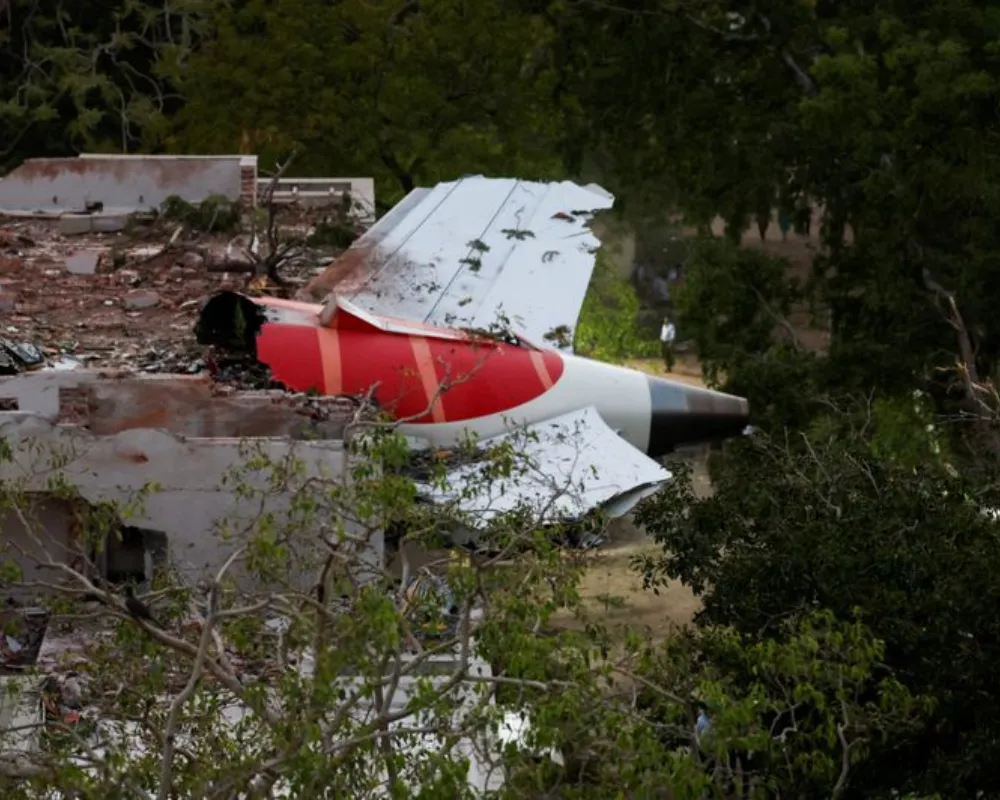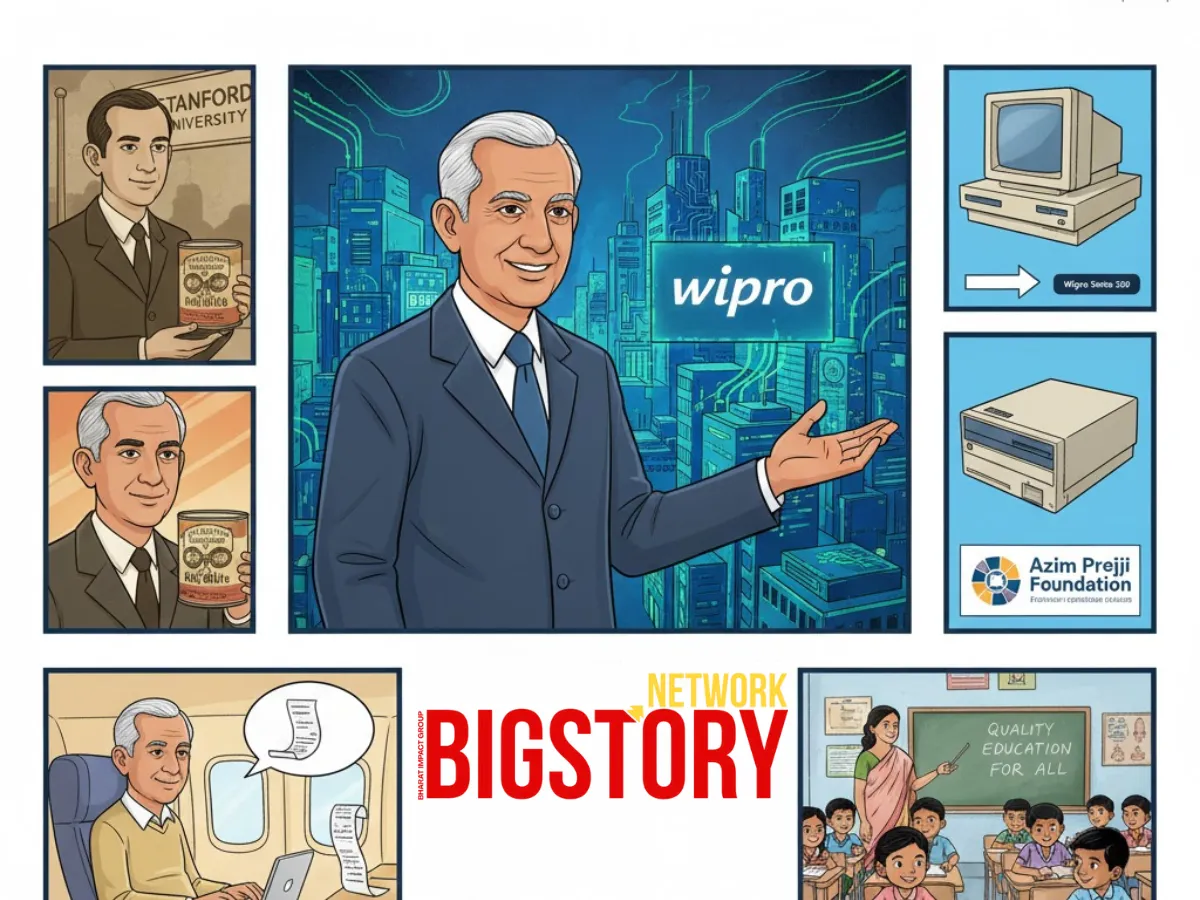The Indian Pilots' Association plans to sue the AI 171 crash investigation board, alleging bias towards pilot error and demanding transparency after the preliminary report.
 Vinayak Singh
Vinayak Singh

The catastrophic crash of Air India Flight AI 171 in Ahmedabad on June 12, 2025, which claimed 260 lives onboard and 19 on the ground, has taken a new turn with the Indian Commercial Pilots' Association (ICPA) and the Airline Pilots' Association of India (ALPA India) announcing their intent to pursue legal action against the Aircraft Accident Investigation Bureau (AAIB) and its preliminary report. The pilot bodies vehemently reject what they perceive as a "bias towards pilot error" in the initial findings, demanding transparency and inclusion in the ongoing investigation.
The AAIB's preliminary report, released on Saturday, July 12, 2025, highlighted a critical sequence of events: just three seconds after the Boeing 787 Dreamliner lifted off from the Ahmedabad runway, the fuel cutoff switches for both engines transitioned from "RUN" to "CUTOFF" position, one second apart. This immediately cut off fuel supply, leading to a rapid loss of thrust and the aircraft plummeting back to the ground.
A crucial detail from the cockpit voice recording (CVR) mentioned in the report stated: "One of the pilots is heard asking the other why did he cutoff. The other pilot responded that he did not do so." While the report did not definitively state the cause of the switch movement, this CVR excerpt, combined with the primary focus on the fuel cutoff, has led to widespread speculation in media and public discourse, including what the pilot associations term a "reckless and unfounded insinuation of pilot suicide."
Both ICPA and ALPA India have strongly condemned this narrative. In a statement issued on Sunday, July 13, 2025, the ICPA emphasized: "There is absolutely no basis for such a claim at this stage, and invoking such a serious allegation based on incomplete or preliminary information is not only irresponsible—it is deeply insensitive to the individuals and families involved." They reiterated that pilots undergo extensive psychological and professional screening, and to casually suggest suicide without verified evidence is a "gross violation of ethical reporting and a disservice to the dignity of the profession."
Beyond the "suicide theory," the pilot associations have raised several fundamental concerns regarding the AAIB's preliminary report and the investigation process itself:
In light of these concerns, ALPA India is reportedly considering legal recourse to compel its inclusion in the investigation process. They have repeatedly requested to be included, at the very least, as observers to ensure transparency and accountability. They argue that their members possess the domain expertise crucial for a comprehensive and unbiased probe.
The move to file a case underscores the deep mistrust that has developed between the pilot community and the investigative agency following this incident. It highlights the pilots' determination to protect the reputation of the deceased crew and ensure that the investigation thoroughly explores all possibilities, including potential mechanical malfunctions or design flaws, rather than prematurely focusing on human error.
This escalating dispute has significant implications:
While Civil Aviation Minister Ram Mohan Naidu has urged the public and media to avoid premature conclusions, stating that the investigation is challenging and far from over, the pilots' associations' firm stance indicates their resolve to ensure a fair, fact-based inquiry into the tragic AI 171 crash. The outcome of this legal challenge and the final investigation report will be closely watched by the aviation world.






Sign up for the Daily newsletter to get your biggest stories, handpicked for you each day.
 Trending Now! in last 24hrs
Trending Now! in last 24hrs